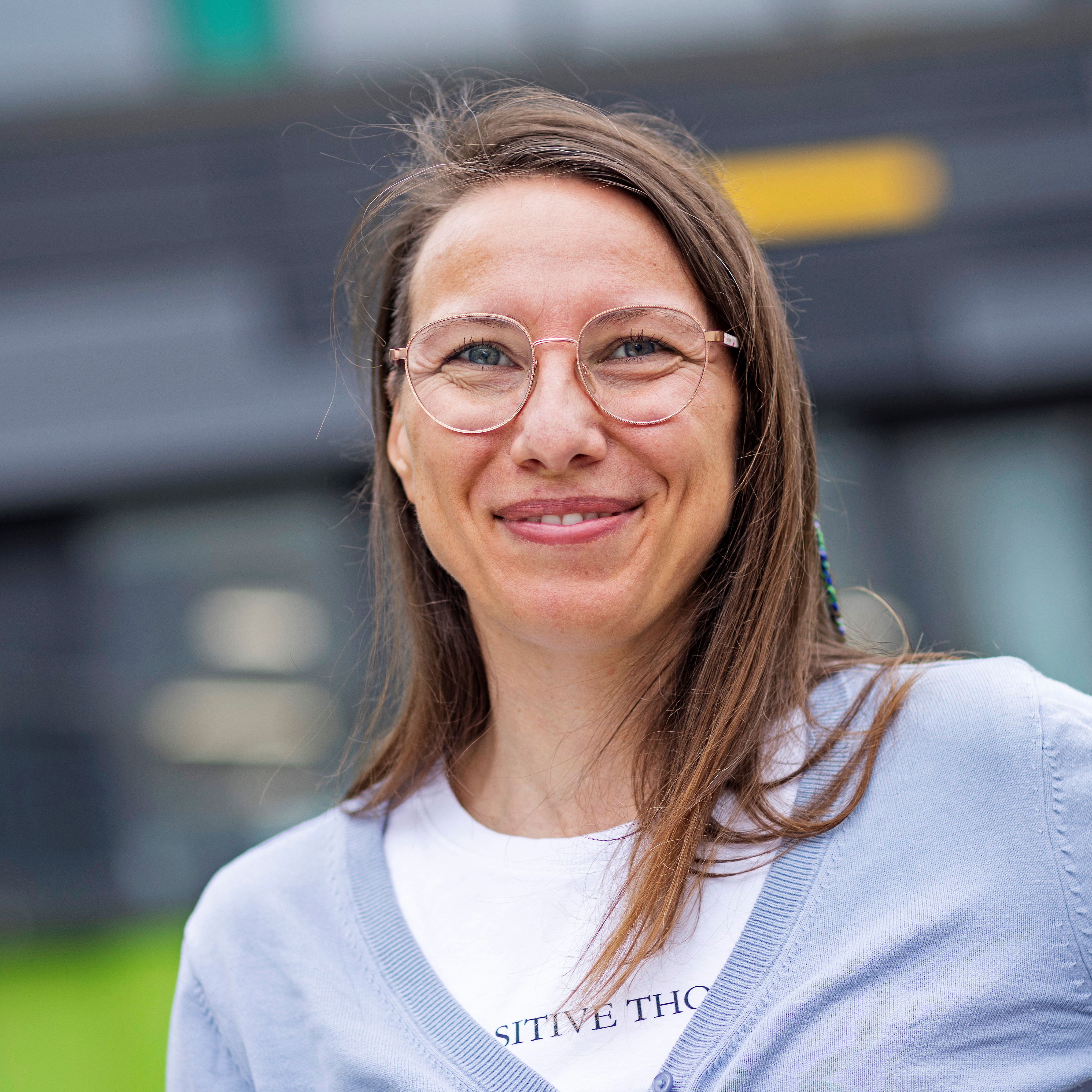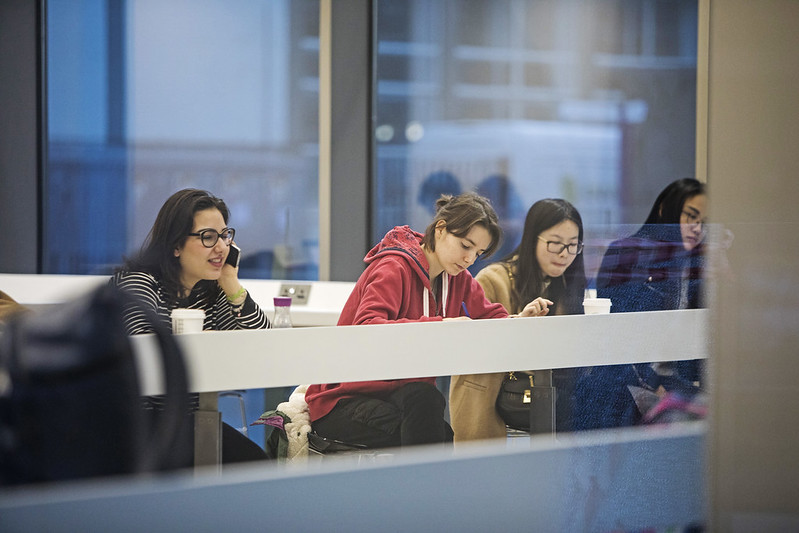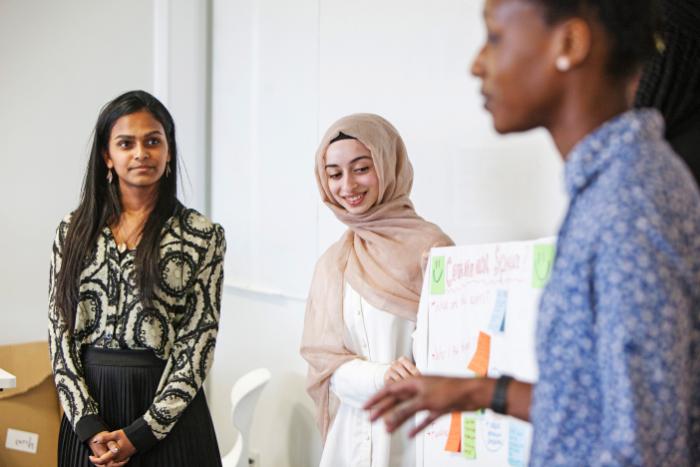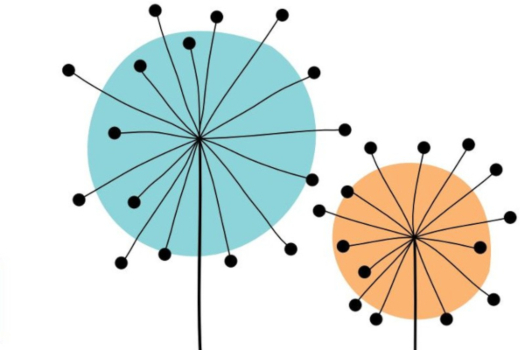Giving students responsibility and role models to build their knowledge, skills and confidence

Tasking psychology students with running the department’s seminar series has built their knowledge, confidence and communication skills, and it has helped to create a more cohesive department
The department of Biological and Experimental Psychology at Queen Mary runs a programme of seminars where expert speakers discuss their current research. It is the weekly event where everyone in the department – undergraduates, postgraduates and academic staff – can come together.
“Textbooks can quickly become out of date and don’t allow for live discussion, so seminars are very important because they bring students to the forefront of research,” says Dr Elisabetta Versace, Senior Lecturer in Psychology. However, seminars were poorly attended by undergraduate students. Dr Versace explains: “Maybe they came once or twice at the beginning of the year, but they seemed to feel disconnected, as if the seminars were not meant for them.
So, Dr Versace applied for Westfield funding to ensure that students could benefit from the seminars and gain professional skills. “We thought that engaging students in their first year as co-organisers of the seminars would be perfect because they could work together with us on something fun and engaging and they would develop hand-on skills that they can put on their CVs.”
As part of the first year ‘Essential skills for psychologists’ module, students would contact upcoming speakers, produce fliers and abstracts to promote their talks, introduce the speakers and run question and answer sessions, take pictures of the event and write about the talks in reports and blog posts.
“Meeting with psychology professors and leading in front of an audience can be quite exciting and intimidating at first, but students built their confidence. Those who felt anxious had opportunities to engage in other jobs, like creating the concept for the flier, advertising and reporting, where they could build their communication skills."
Students did an excellent job, they practiced new skills and became an active part of the department. Lecturers were amazed to discover the skills of the newly arrived students.

Dr Versace says that the feedback from students was enthusiastic. A key measure of success was how many students took part in seminars. “From that moment, we always had students that attended. There were dozens of students; the lecture theatre was full of them. It was not just the students who were presenting that day, but others too. Students felt this was not just an activity for getting a grade, it was a genuinely engaging and interesting activity.”
With more students attending, Dr Versace and her colleagues also saw the seminars as an opportunity to provide role models, so they made particular efforts to ensure that speakers were diverse, for example in terms of gender, ethnicity and disability. She adds: “We can’t be sure of cause and effect, but since then we have had students from the department volunteering as seminar speakers and students who have successful applied for EPSRC-funded summer research internships for people from a BAME background. I hope that being involved in the seminars and this attention to diversity in our speakers, is providing role models and helping more students to see themselves as potential researchers.”
COVID-19 restrictions have meant that seminars moved online and, more recently, have been running as hybrid events, but undergraduates continue to be involved. For example for another module on research methods, they write reports on seminars they have attended during the year and third year students can volunteer to present in a dedicated seminar session.
“In this way, there is a sustained engagement,” Dr Versace says. “We can see this because students have started to ask questions during the seminars. Now, we give priority to questions from students, and this is something I would recommend to other lecturers who are running seminars online or in person. With mixed mode education, students can choose to type their question or ask it directly. This can also help to break the ice.”
Dr Versace concludes: “Although we did this for students, I think staff have benefited too. This activity has helped us appreciate our students’ skills and we have undergraduates who are now more engaged in the department.”
I found it to be a good introductory activity for first years, it helped me ease into the academic atmosphere of the university and made me feel involved with the School and my tutor group.



